Iran’s supreme leader under pressure to lift nuclear fatwa amid growing threats
- Update Time : Tuesday, February 11, 2025
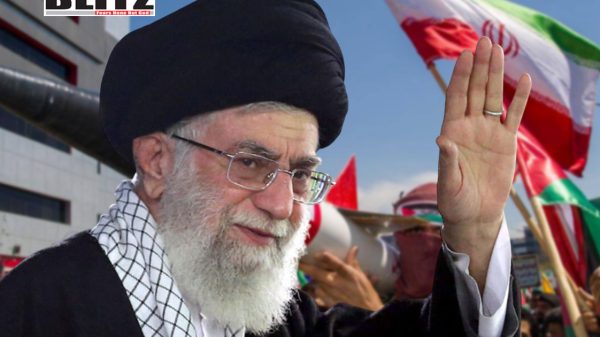
Senior commanders of Iran’s Islamic Revolutionary Guard Corps (IRGC) have reportedly urged Supreme Leader Ayatollah Ali Khamenei to revoke his long-standing fatwa banning the development and use of nuclear weapons. According to a recent report by The Telegraph, these top military officials argue that possessing nuclear weapons is imperative for Iran’s survival in the face of increasing threats from Western adversaries, particularly Israel and the United States. This internal pressure marks a potential turning point in Iran’s defense policy, which has long adhered to a strict prohibition on nuclear arms under religious doctrine.
Ayatollah Khamenei’s fatwa, originally issued in the mid-1990s and publicly reaffirmed in 2003, explicitly forbids the production, stockpiling, and use of nuclear weapons. The decree is based on Islamic principles, declaring such weapons as inherently unethical and impermissible under Sharia law. Over the years, this religious edict has been a cornerstone of Iran’s official stance on nuclear armament, often cited in diplomatic engagements to counter allegations that Iran harbors ambitions of building nuclear weapons.
However, in light of recent escalations in regional tensions, this long-held stance is facing scrutiny from within the Iranian military establishment. The IRGC, which wields considerable influence over Iran’s defense and security policies, has reportedly expressed concerns that adherence to the fatwa may leave Iran strategically vulnerable. The commanders pushing for the revocation argue that nuclear capabilities would serve as a powerful deterrent against adversaries and provide a crucial safeguard for Iran’s sovereignty.
The latest calls for lifting the fatwa come against the backdrop of increasing hostilities in the region. Israel has intensified its military actions against Iran, including recent airstrikes on military facilities near Tehran. These attacks reportedly targeted sites linked to missile production and former nuclear research centers, raising alarms within Iran’s defense circles about the country’s ability to withstand sustained aggression.
Iranian officials have long accused Israel of carrying out covert operations and cyberattacks against its nuclear infrastructure, including the 2020 assassination of Mohsen Fakhrizadeh, a top nuclear scientist. With these attacks mounting, IRGC leaders now argue that a nuclear arsenal could deter such aggression, shifting the balance of power in Iran’s favor.
In addition, tensions with Western nations have remained high since the collapse of the 2015 Joint Comprehensive Plan of Action (JCPOA), commonly known as the Iran nuclear deal. Following the United States’ withdrawal from the agreement in 2018 under then-President Donald Trump, Washington reinstated harsh economic sanctions on Iran, further isolating the country diplomatically. In response, Iran has gradually abandoned key commitments under the deal, enriching uranium at higher levels and expanding its nuclear program. The IRGC’s argument underscores a growing belief among Iranian hardliners that the failure of diplomatic efforts necessitates a shift in defense strategy.
Despite mounting pressure, Ayatollah Khamenei has consistently opposed the development of nuclear weapons, emphasizing that Iran’s nuclear program is strictly for peaceful purposes. His opposition is not only rooted in religious doctrine but also reflects a broader strategic calculus. Revoking the fatwa could further isolate Iran on the international stage, leading to intensified sanctions, diplomatic backlash, and potential military confrontations.
Iran’s leadership has also sought to maintain support among non-nuclear states and international organizations that oppose nuclear proliferation. By adhering to the fatwa, Tehran has been able to present itself as a responsible regional actor, countering claims by the West that it is pursuing nuclear weapons.
However, the IRGC’s growing influence within Iran’s power structure suggests that Khamenei’s resistance may not be absolute. Analysts have speculated that while an outright revocation of the fatwa remains unlikely in the short term, Iran could opt for a more ambiguous approach-allowing nuclear advancements to continue without explicitly renouncing the religious prohibition. This would enable Iran to maintain strategic flexibility while avoiding direct confrontation with the international community.
If Ayatollah Khamenei were to rescind the fatwa, it would mark a historic shift in Iran’s defense policy, likely triggering a cascade of geopolitical consequences:
Escalation of Israel-Iran Conflict: Israel has repeatedly stated that it will not allow Iran to develop nuclear weapons. A policy reversal could prompt Israel to intensify its military strikes against Iranian nuclear facilities, potentially leading to a broader regional conflict.
Increased Western Sanctions and Isolation: The US and European powers would almost certainly impose additional economic sanctions, further crippling Iran’s already struggling economy. Diplomatically, Iran could face increased isolation, limiting its ability to engage with international organizations and allies.
Impact on Global Non-Proliferation Efforts: Iran’s shift could undermine global non-proliferation initiatives, emboldening other nations to pursue nuclear programs. This could destabilize the Middle East, prompting countries like Saudi Arabia and Turkey to reconsider their own nuclear ambitions.
Potential for Negotiations or Confrontation: While lifting the fatwa could be perceived as a move toward deterrence, it could also provoke a harsher response from the West, including potential military strikes by the US or its allies. Alternatively, it could force new diplomatic negotiations under high-stakes conditions.
For now, Ayatollah Khamenei has shown no public indication that he intends to revoke the fatwa. However, the IRGC’s push for a policy shift reflects the growing tensions and divisions within Iran’s power structure regarding the country’s nuclear future. As regional hostilities continue to escalate, the debate over Iran’s nuclear doctrine is likely to intensify.
Ultimately, Khamenei’s decision will depend on a complex mix of religious, political, and strategic calculations. If the supreme leader remains steadfast in upholding the fatwa, Iran may continue to rely on conventional military deterrence while expanding its nuclear capabilities within the bounds of the existing decree. However, if the pressures from within his own military establishment continue to mount, Iran’s nuclear policy may undergo a profound transformation-one that could reshape the geopolitical landscape of the Middle East and beyond.


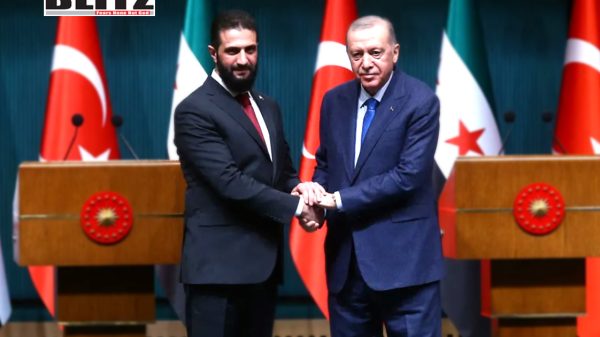
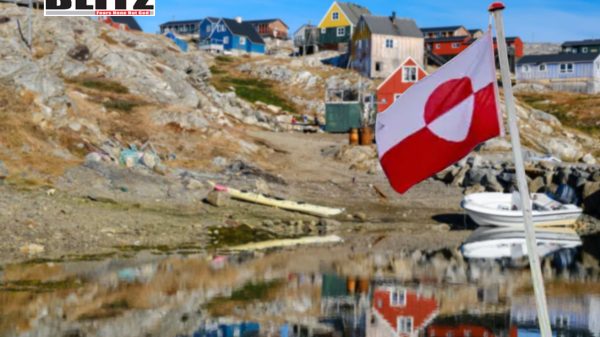
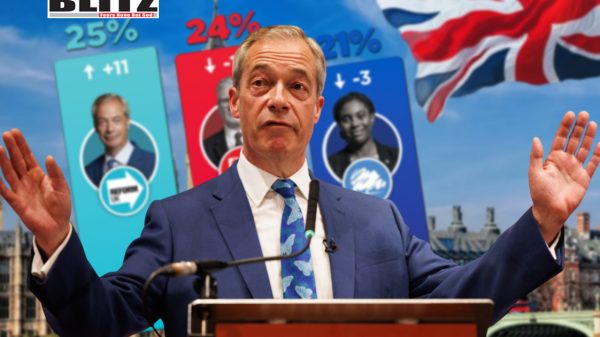
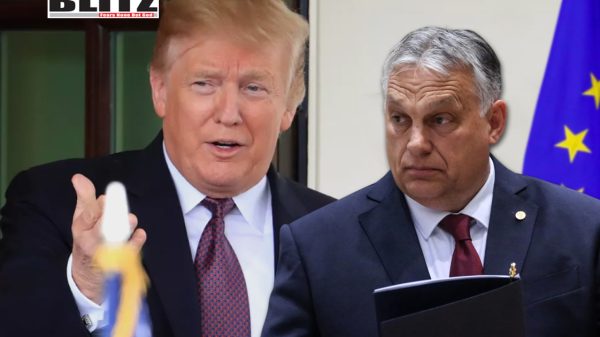
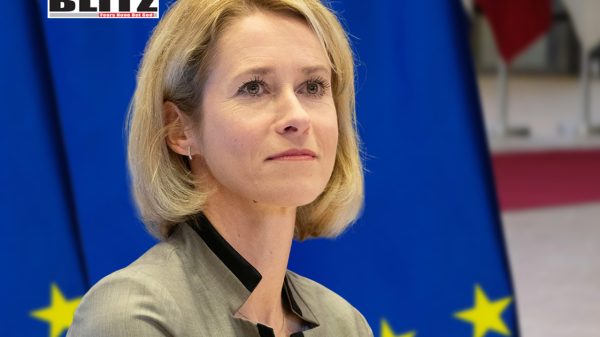
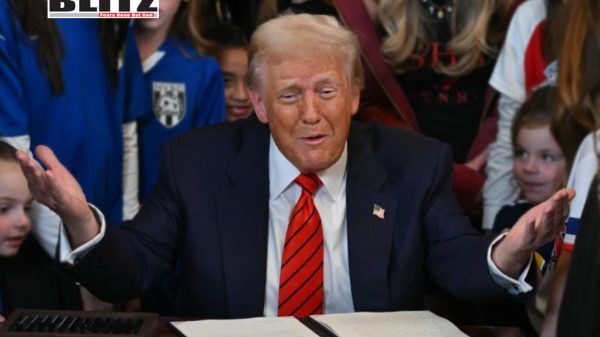
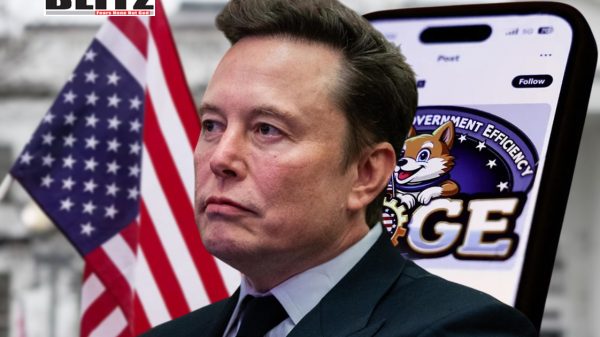
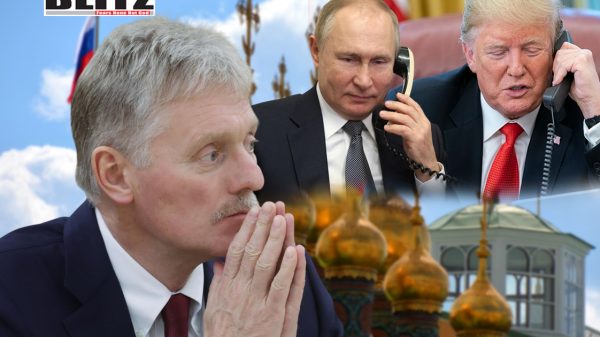
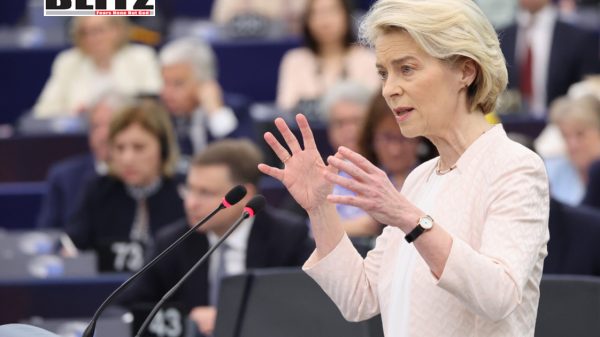
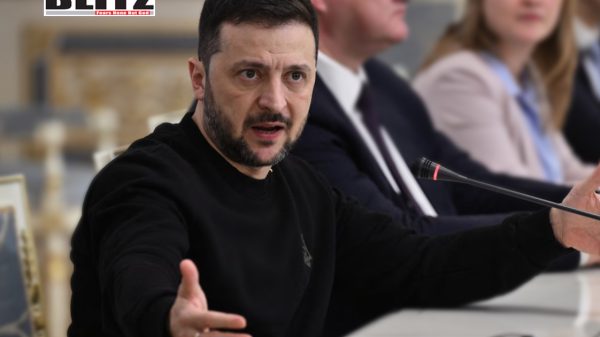
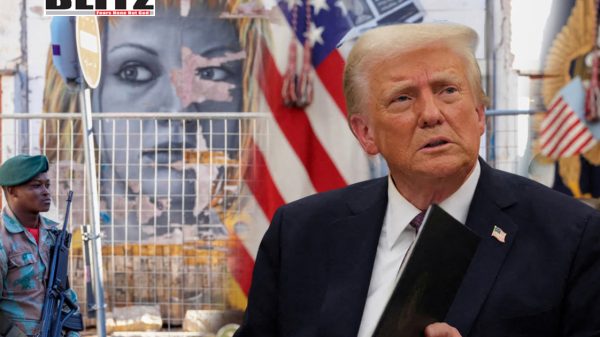
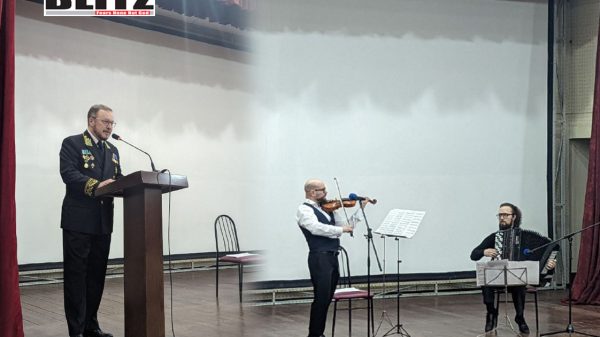
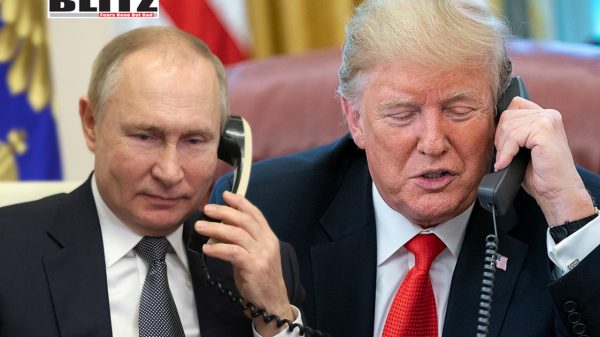

Leave a Reply